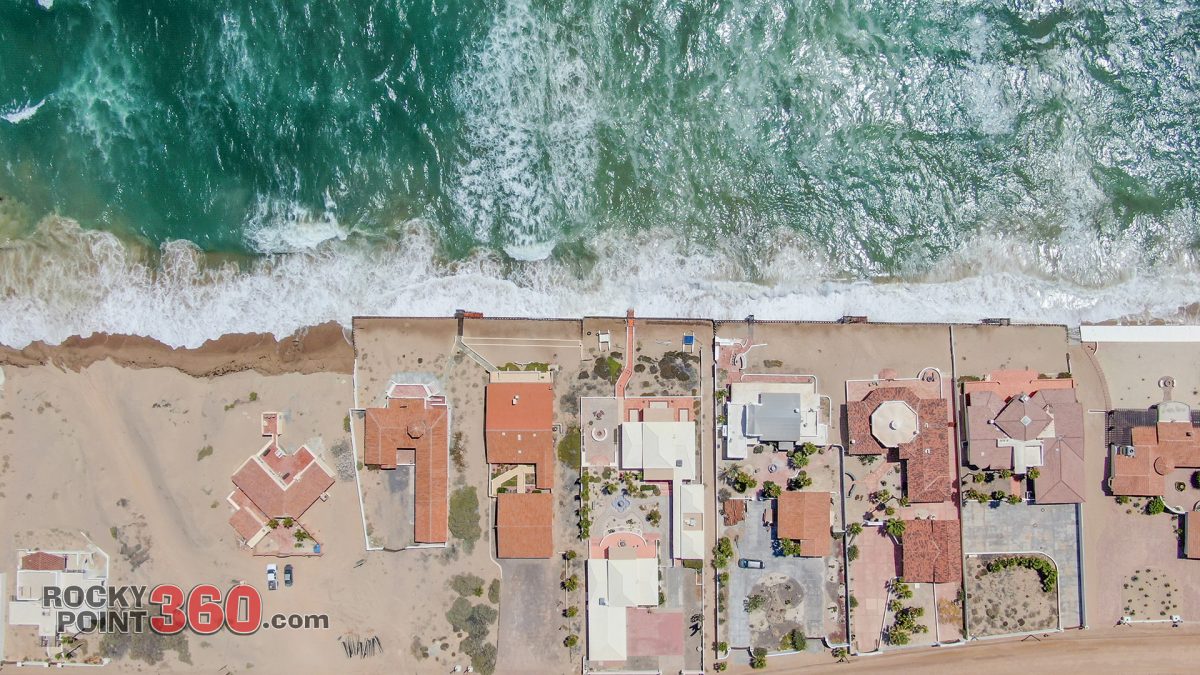Scenario: You set up a bank trust in Mexico, which holds property over certain condominium/property; the beneficiary is an L.L.C. Now, you received an offer from a third party interested in buying your Condominium/beach home/property, it´s a very interesting offer as it represents a substantial profit; you are in!
You may have been told the fastest, easiest and most economical way to close the transaction is to transfer your interests of the L.L.C., to the buyer, so a US attorney is hired to prepare the paperwork that shows you are removed from the Company and the buyer gets to be the new L.L.C.´s member.
Yet, while the above is essentially true and legit, there is an aspect that most people are overlooking: the profit!

Question 1: Is this profit subject to Capital Gains tax?
Question 2: Is there an obligation to report the transaction and pay the corresponding taxes in Mexico?
Answer to both questions: According to Mexico´s Income Tax law, the answer to both questions is, yes.
Rationale. Mexico´s Income tax law, specifically provision number 1, defines who is subject to paying income taxes:
“Article 1.- Individuals and entities are obliged to pay income tax in the following cases:
- Residents in Mexico, in connection with all their income, wherever the source of income is located.
- Residents abroad with a permanent establishment in the country, in connection with income attributable to said establishment.
- Residents abroad, in connection to income derived from sources of enrichment located in national territory, when they don´t have a permanent establishment in the country, or when they have it but the income is not attributed to such establishment.”

Now, what do the fiscal authorities mean by, “permanent establishment” and “source of enrichment”?
According to article 2 of Mexico´s Income tax law, a “permanent establishment” is any business place in which business or commercial activities are partially or fully carried out, or personal independent services rendered. As to “source of enrichment” (or rather, where funds come from), Article 161 of the aforementioned law considers Mexico as that source when the sale of stock or shares, whose capital value derives directly or indirectly from such, is more than 50%, from real estate located in the country.
Based on the above, we can conclude the sale of shares or interests of your LLC, when its capital value comes or is derived directly or indirectly from more than 50% of real estate in Mexico, is subject to capital gains tax or income tax, provided there was a profit.
Advice.
If you are considering whether to sell through an L.L.C., make sure you understand all fiscal implications. It is not illegal to enter into transactions through L.L.C.s; however, not reporting the sale to Mexican tax authorities, and more importantly failure to pay the corresponding taxes is, provided there was a profit from that sale. Important note: If you are resident in Mexico, as a buyer you are obligated to withhold and pay the seller’s capital gains from the closing.
Furthermore, if you are considering buying through an L.L.C., you also need to consider tax implications. Reverse capital gains may be assessed if buying below the appraised value of the property.
Please note the above is based on general rules, as there may be special situations in which a different treatment may apply.
This article was written by: Amilcar Emmanuel Núñez Lorenzo, Ricardo Ezequiel Bórquez Ruíz and Eleazar Jiménez Zamorano, who can be contacted at the telephone numbers (638) 383-8989 and 388-6110; email addresses: attorneyborquez@gmail.com; nunez.asociados@hotmail.com; eleazarjimenez@gmail.com
